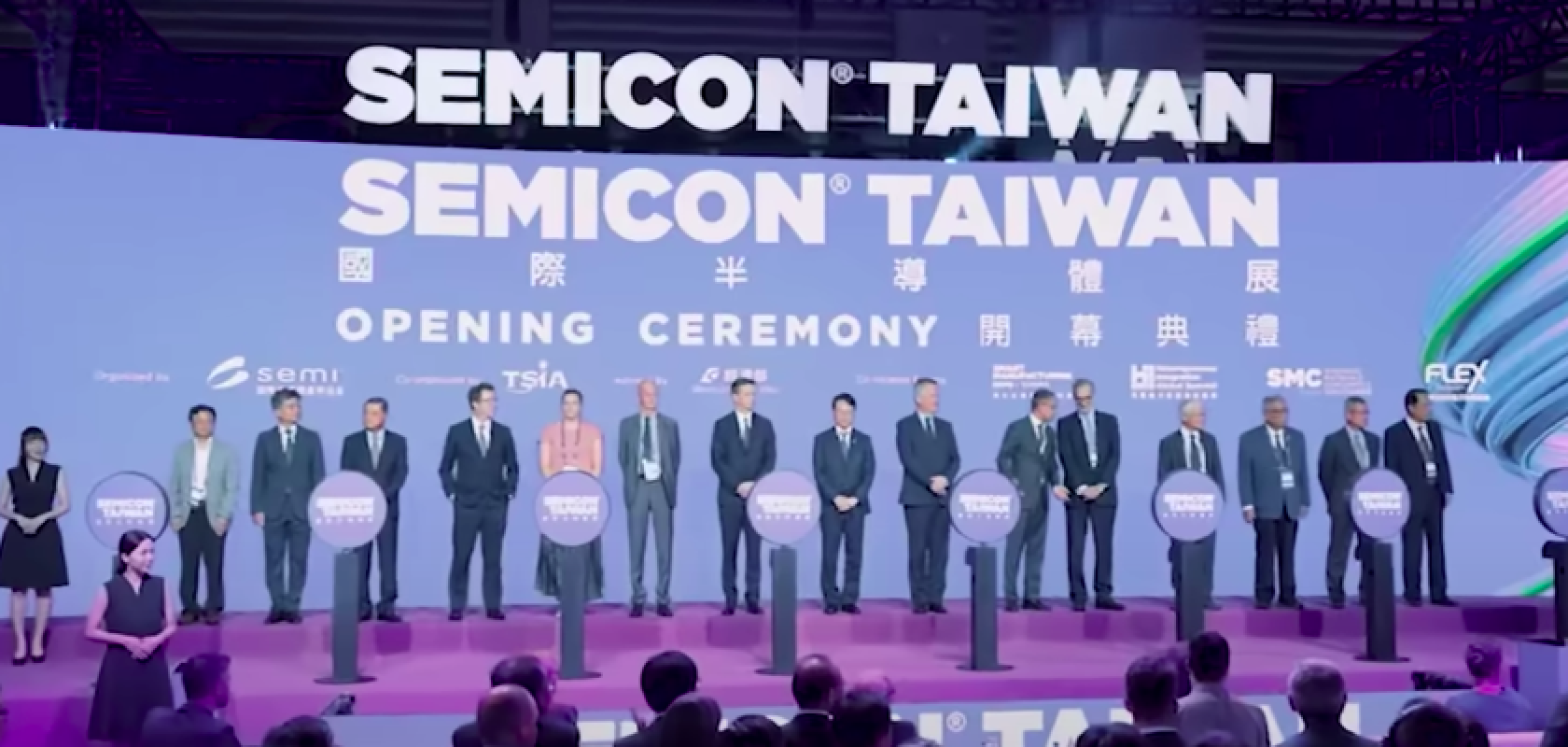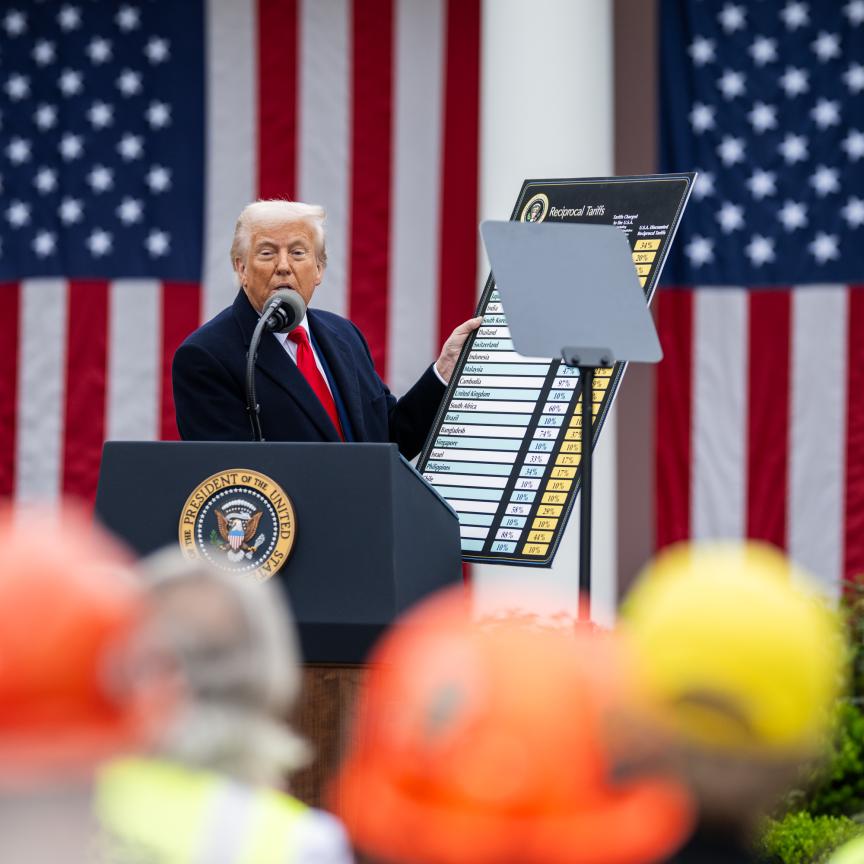A delegation of advisors and industry leaders shaping the UK's semiconductor strategy met with international figures from Taiwan’s semiconductor sector at SEMICON 2024 to explore fresh opportunities for collaboration.
This second meeting of nations took place on 6 September amid SEMCON Taiwan 2024, offering both parties a seminal moment to discuss the potential to expand cooperation on talent and skills, aiming to enhance the existing UK-Taiwan Innovative Industries Programme and building on the first UK-Taiwan Semiconductor Dialogue which took place in July 2023.
The latest landmark discussions were co-chaired by Dr. Dave Smith, the UK’s National Technology Adviser and Susan Chi-Chuan Hu, Deputy Director General of International Trade Administration of the Ministry of Economic Affairs. Attendees also included figures from UK semiconductor companies specialising in photonics, quantum, memory, and design and manufacturing equipment.
Discussing new opportunities for collaboration
The dialogue at the event offered both parties the opportunity to open up on the potential to enhance the UK-Taiwan Innovative Industries Programme by creating a joint skills programme that leverages the strengths of both nations to develop a talent pipeline for the global semiconductor sector.
The current UK-Taiwan Innovative Industries Programme provides funding for researchers of business R&D sectors or of R&D institutes to visit each other for R&D projects. This year’s UK presence builds on its already extensive collaboration with Taiwan. Both nations are also contributing £10m in funding towards the programme.
Dr. Dave Smith commented on the importance of the event, saying: “The presence of these 24 innovative UK businesses at SEMICON Taiwan highlights our strong position in the global semiconductor market and our commitment to advancing technological collaboration with Taiwan. This partnership will drive mutual growth and innovation, benefiting both economies.”
Talks covered the possibility of exploring further mutual funding opportunities to support semiconductor-specific projects, focusing on particular technology problems or applications that draw on complementary strengths. Taiwan is already regarded as a leading global hub for semiconductor manufacturing, while the UK is recognised for strengths in semiconductor R&D, as well as chip design and photonics intelligence.
Possible areas for exploration through the partnership and programme include a focus on emerging technologies, such as quantum computing and clean energy, which can largely shape the industry’s future and support both nations’ economies.
Feryal Clark, Labour MP for Enfield North, shed light on the meeting, stating: “Given the global nature of semiconductor supply chains, creating opportunities for businesses to establish international relationships is crucial for the UK’s growth. The Department for Science, Innovation and Technology works to make these connections.”
Participants from both sides also discussed global supply chains and chip security, including feedback from the OECD Semiconductor Informal Exchange Network, which both the UK and Taiwan have participated in over the last year. Since its inception, the network has brought together more than 50 economies, who are working to foster collaboration among semiconductor policymakers and experts, promoting transparency in policy making and facilitating emergency response planning for supply chain disruptions.
Supply chain resilience is particularly of note given semiconductor manufacturing is heavily concentrated in Taiwan; over 90% of advanced manufacturing and 20% of global manufacturing capacity is located on the island. This makes any potential disruption, such as the impact of COVID-19, particularly devastating.
Clark added: “The National Technology Advisor, Dr Dave Smith, recently led the UK delegation to SEMICON Taiwan. This included representation from a Department for Business and Trade Mission and an Innovate UK Global Business Innovation Programme – both featuring UK semiconductor businesses. The Department will also work with the Department for Business and Trade ahead of the upcoming trade mission to India in November.”
Understanding the importance of Taiwan in the semiconductor market
The dialogue between the UK and Taiwan is the latest evidence in action of the UK’s National semiconductor strategy, which duly recognises the important position Taiwan holds in the market.
A statement from the UK Government notes: “Semiconductors have been identified as one of the UK’s priority critical technologies. Our vision is to secure the UK’s place in the world-leading semiconductor technologies of the future, by doubling down on the UK’s strengths in chip design/architectures, compound/new material semiconductors, silicon photonics and advanced packaging techniques.”
Among mentions – the strategy, originally published in 2023 – cites examples of where collaboration between the two nations has been agreed before. Examples include Compound Semiconductor Applications Catapult, based in Newport, Wales, signing a memorandum of understanding with the Industrial Technology Research Institute of Taiwan, paving the way for a long-lasting collaborative partnership that nurtures trade relations.
Such efforts to advance collaboration between the UK and Taiwan also support the UK’s key semiconductor strategy objectives: to grow the domestic sector; to safeguard the UK against supply chain disruption and build supply chain resilience; and to protect the UK against the security risks arising from semiconductor technologies.


